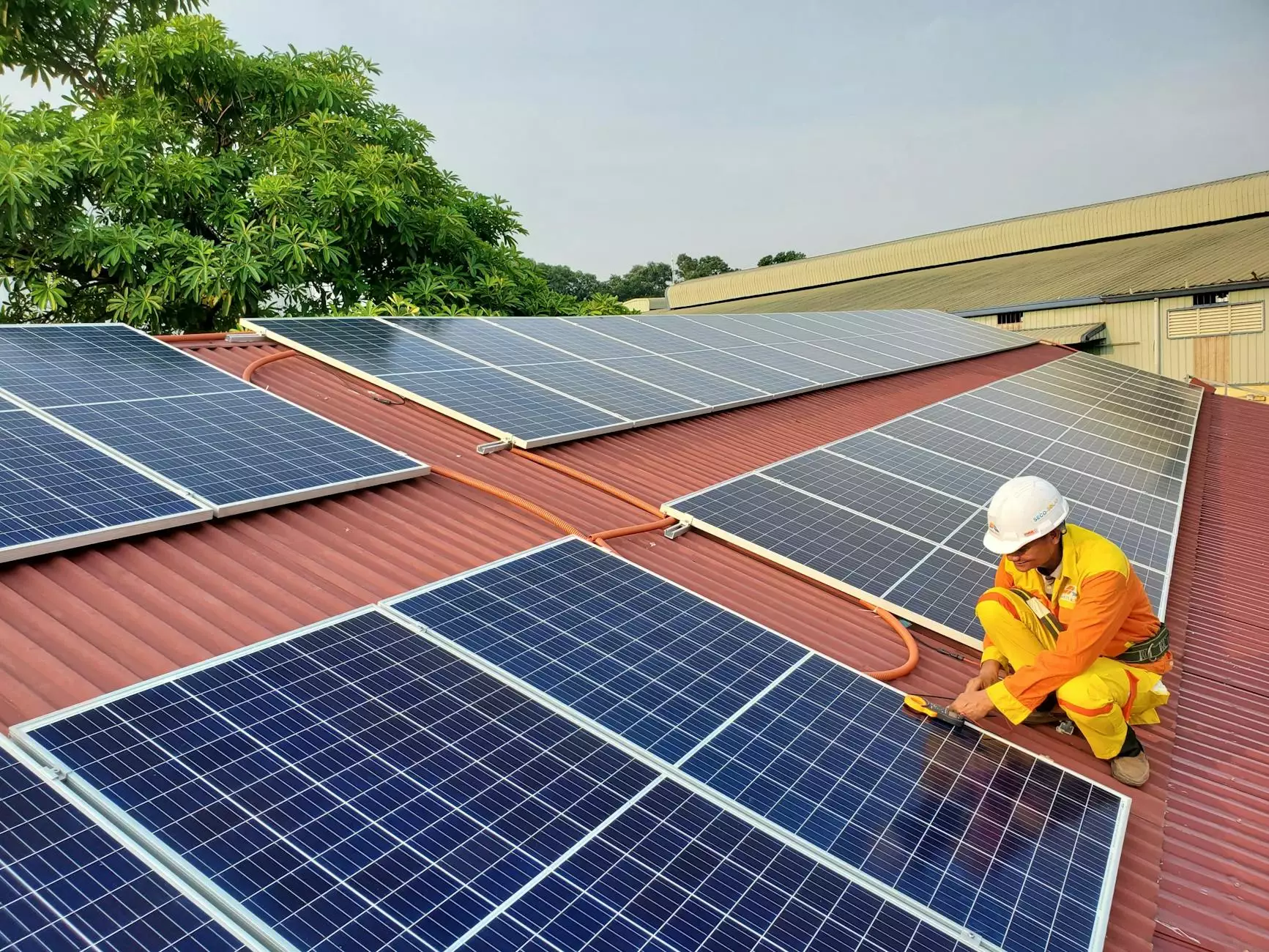What to Look for in a Commercial Lease: A Comprehensive Guide

When venturing into the world of business, finding the right location is paramount. One of the most significant steps in securing that location is understanding the intricacies of your lease agreement. Whether you are a startup or an established business, knowing what to look for in a commercial lease can save you from potential pitfalls in the future. This guide aims to provide you with a comprehensive understanding of the essential elements to consider when entering into a commercial lease.
1. Understanding Commercial Leases
A commercial lease is a legally binding contract between a landlord and a business tenant. It outlines the terms under which a business can occupy a property for commercial purposes. Unlike residential leases, commercial leases tend to be more complex and often involve more significant financial commitments. Therefore, it’s crucial to approach them with a discerning eye.
2. Key Terms to Analyze in Your Lease
When reviewing a commercial lease, several key terms will be instrumental in defining your rights and responsibilities. Here are the critical elements to focus on:
2.1 Lease Duration
The duration of your lease can significantly impact your business stability. Common lease terms range from one to ten years.
- Short-term leases provide flexibility but may lead to higher rent costs upon renewal.
- Long-term leases can offer security but may limit your business’s adaptability to change.
2.2 Rent and Payment Terms
Understanding the financial obligations tied to your lease is essential. Examine:
- Base Rent: The fixed amount you will pay over the lease period.
- Rent Escalations: Increases in rent over time, often linked to inflation or market rates.
- Add-On Expenses: Be clear about which expenses such as maintenance, property taxes, and insurance are your responsibility.
2.3 Security Deposit
The security deposit provides a safety net for landlords against potential damages or unpaid rent. Ensure you understand:
- Amount Required: Standard deposits can range from one to three months' rent.
- Terms of Refund: Know the conditions under which your deposit is refundable.
2.4 Maintenance and Repairs
Determining who is responsible for repairs and maintenance can save you significant headaches. Look for clarity on:
- Internal Maintenance: Understand your responsibilities for the interior of the space.
- External Maintenance: Typically, property owners manage the exterior, but confirm this in your lease.
3. Lease Structure Types
Commercial leases come in several forms, and understanding these structures is vital for your financial planning:
3.1 Gross Lease
In a gross lease, the landlord covers most expenses, including taxes, insurance, and maintenance, providing you with a predictable monthly cost.
3.2 Net Lease
A net lease requires the tenant to pay property expenses in addition to base rent. There are variations, including:
- Single Net Lease (N): Tenant pays rent plus property taxes.
- Double Net Lease (NN): Tenant covers rent, property taxes, and insurance.
- Triple Net Lease (NNN): Tenant is responsible for rent, taxes, insurance, and maintenance costs.
3.3 Modified Gross Lease
This is a hybrid arrangement where the landlord and tenant share financial responsibilities for certain operating costs. Understanding which costs are shared is crucial.
4. Zoning and Usage Restrictions
Before signing a lease, ensure the property is zoned for your intended business use. Zoning laws can dictate what types of businesses can operate in certain areas, and violations can lead to penalties or eviction. Examine:
- Permitted Uses: Confirm that your business fits within the stated use clauses.
- Future Development Plans: Investigate any upcoming developments that may impact your business.
5. Renewals and Termination Clauses
Understanding how to renew or terminate your lease can significantly influence your long-term business strategy. Clarify:
- Renewal Options: Check if you have the right to renew and under what conditions.
- Termination Conditions: Know how to exit the lease if needed, including penalties involved.
6. Negotiation Tips for Your Lease
Negotiating your commercial lease may seem daunting, but it’s an essential part of the leasing process. Consider these tips to ensure favorable terms:
- Do Your Research: Understand market trends for commercial rents in the area to negotiate effectively.
- Prioritize Key Elements: Know what terms are most important to your business and focus on those during negotiations.
- Seek Professional Help: Hire a commercial real estate broker or attorney to help navigate complex lease terms.
7. Legal Considerations
Navigating the legal aspects of a commercial lease requires diligence. Important considerations include:
- Legal Compliance: Ensure compliance with local, state, and federal laws.
- Dispute Resolution: Understand the process for resolving conflicts, which could include mediation or arbitration clauses.
- Indemnification: Review clauses that dictate liability for damages or legal issues arising from your business operations.
8. Final Thoughts: The Importance of Due Diligence
In conclusion, knowing what to look for in a commercial lease is vital for establishing a stable and successful business environment. Take the time to thoroughly review your lease agreement, ensuring that you understand all terms and conditions before signing. Engage professionals where needed, and most importantly, don’t rush the process—this lease will be the foundation of your business's physical presence for years to come.
9. Additional Resources and Support
To further aid your understanding of commercial leases, consider the following resources:
- Local Real Estate Associations: Connect with local organizations that can provide insights into market trends.
- Legal Counsel: Consult with a lawyer who specializes in commercial real estate to review lease agreements.
- Online Courses and Webinars: Participate in educational sessions focusing on commercial leasing.
By taking these steps, you'll not only secure a lease that meets your business needs but also foster a strong foundation for growth and success in your commercial endeavors.









